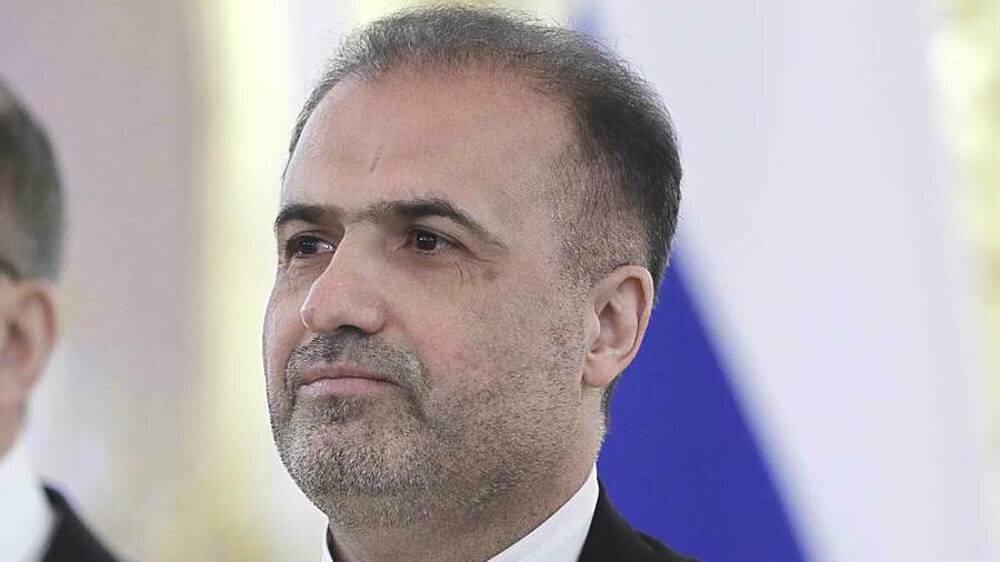Iran-Russia relations are on the rise, says envoy

TEHRAN – Iranian Ambassador to Russia Kazem Jalali said the trajectory of Iran-Russia relations is very promising.
In an exclusive interview with Iranian media, Jalali delved into various regional and international issues, shedding light on the promising trajectory of Iran-Russia relations.
Highlighting the strides made in economic ties between Iran and Russia, Jalali expressed optimism about an unprecedented leap in the two countries’ relations within the next two years. He underscored that the ongoing efforts and diminishing obstacles pave the way for a substantial enhancement in diplomatic and economic cooperation.
Anticipating a significant leap forward in the coming years, Jalali attributed this positive outlook to the groundwork laid in recent years and the concerted efforts to overcome obstacles.
Jalali also emphasized the global trend of countries distancing themselves from concepts like globalization, American unilateralism, and dictatorship in international politics. He stressed the pivotal role played by the Islamic Revolution in shaping this discourse, signaling a shift in the global landscape.
He noted that over 25 countries are currently under sanctions worldwide, indicating the emergence of a new discourse against the perpetual dictatorship narrative of the West.
Jalali also acknowledged global recognition of the United States exploiting the dollar for its self-interest. He pointed out instances where the U.S. spread inflation to other countries through the dollar. “Initially, global de-dollarization wasn't considered, but American behavior prompted this idea. In Iran and Russia, 60% of trade transactions now use national currencies—the ruble and the rial. Amidst the dollar's weakening, the world is shifting towards de-dollarization, embracing national currencies and exploring new ones for international exchanges,” said Jalali. He stressed the serious discussion of this concept in BRICS, expressing Iran's commitment to play a significant role in de-dollarization upon joining BRICS. “Despite inhumane sanctions, Iran's resilience has turned challenges into opportunities. This valuable experience can aid organizations Iran becomes a part of, contributing to the shaping of new global monetary and financial structures,” he further noted.
The ambassador also emphasized the vital role of the International North-South Transport Corridor in shaping Iran's future and ensuring the prosperity of its generations. “The current Iranian government is actively focusing on completing this crucial infrastructure project, recognizing its strategic importance in facilitating trade, cutting transportation costs, and fostering economic and political benefits on national, regional, and global scales,” he added.
Acknowledging Iran's historical significance as a crossroads connecting East-West and North-South, Jalali underscored the urgent need for collective efforts to finalize the North-South Corridor.
The completion of the corridor holds the promise of significantly reducing the 17,000-kilometer route for goods transportation from East Asia to Europe to a mere 7,000 kilometers.
Furthermore, Iran's Ambassador to Russia anticipated a significant boost in economic relations over the next two to three years. Highlighting challenges for Iranian and Russian traders, he addressed issues like limited familiarity, transit challenges, financial hurdles due to U.S. sanctions, customs interactions, and logistical challenges post-Ukraine conflict. “Efforts are underway to establish platforms, reduce obstacles, and enhance collaboration,” Jalali concluded.
MAS
